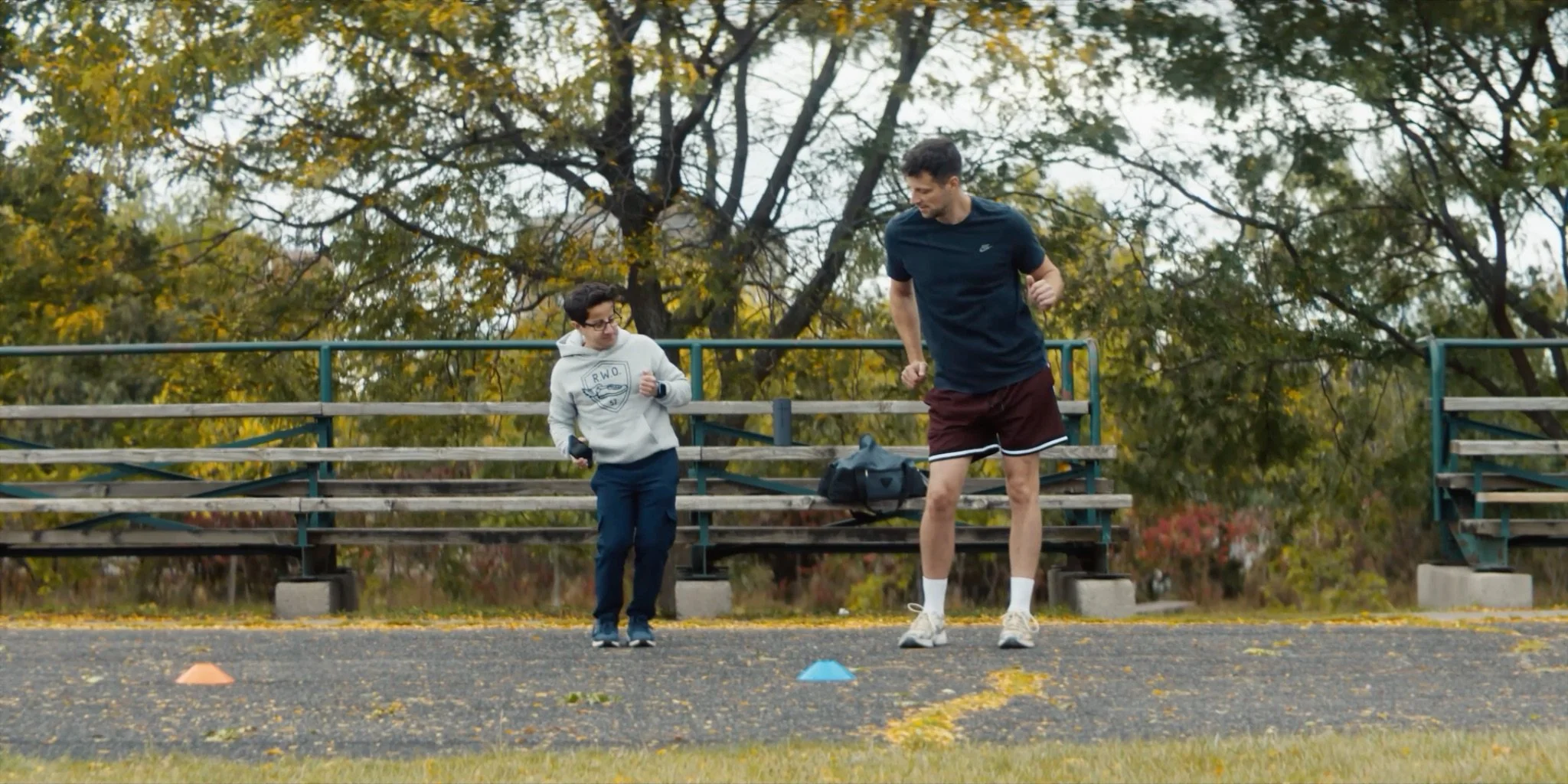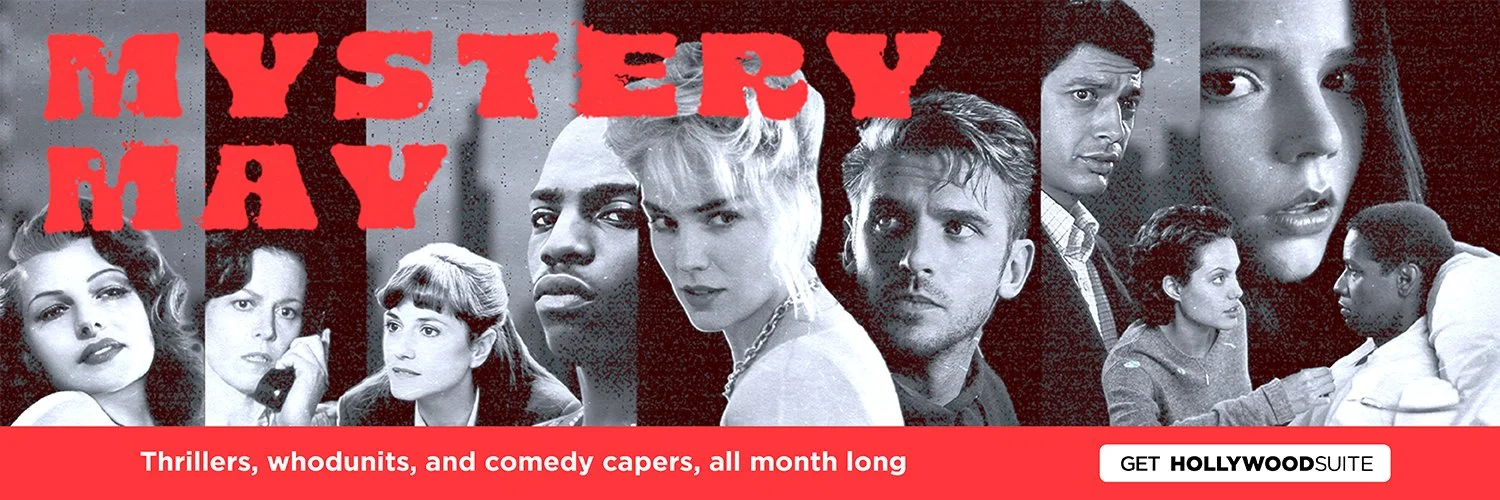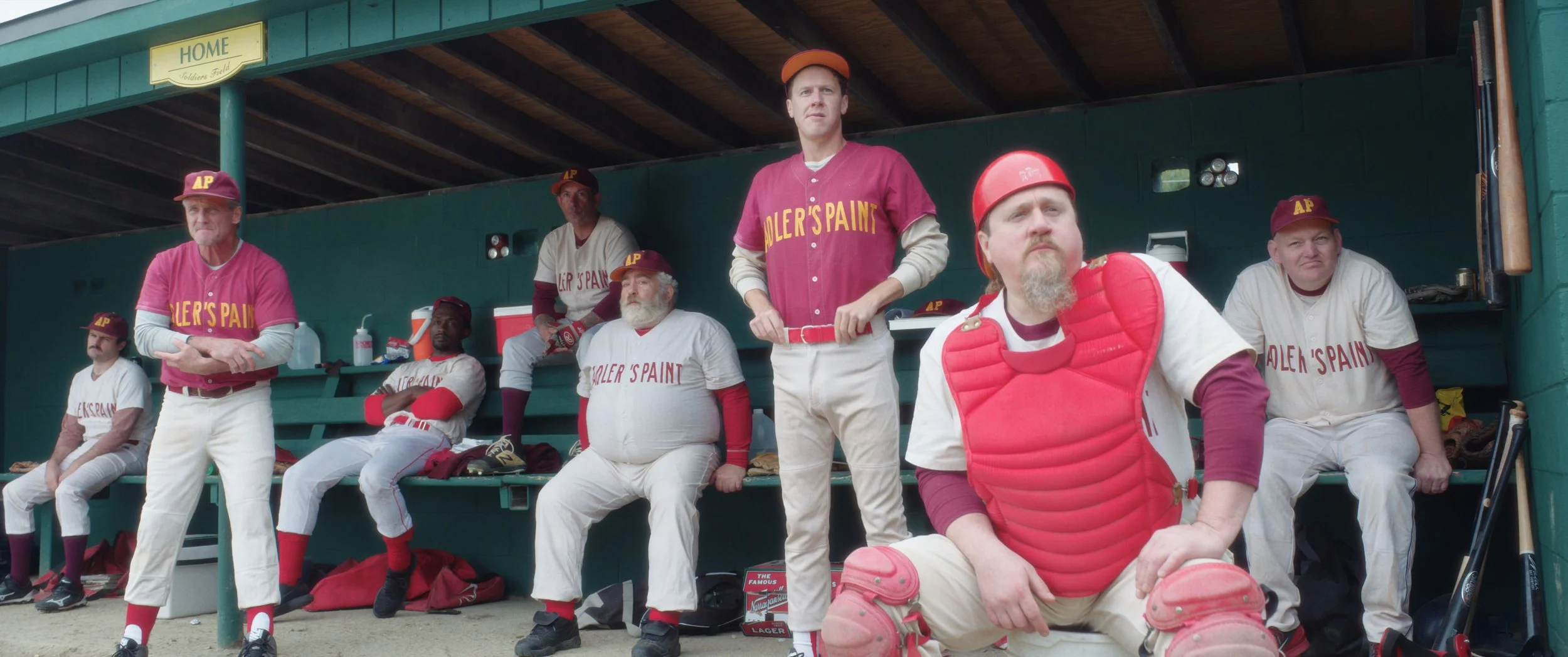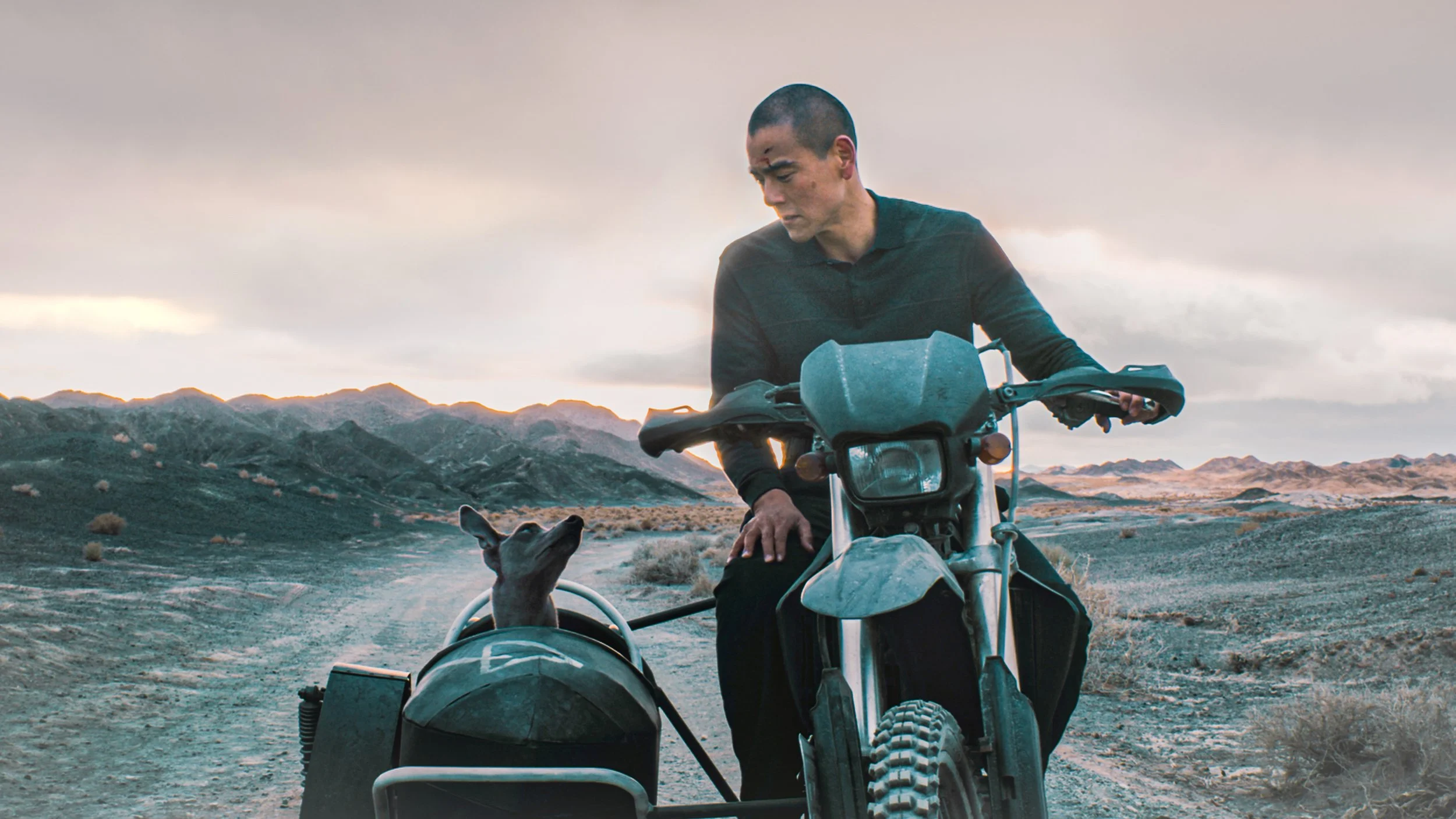The Blue Mountain Film Festival: Nope, No Slopes, But Movies For All
By Jim Slotek
There’s reputation and then there’s reality. Days ahead of my attendance at this week’s Blue Mountain Film + Media Festival (May 29-June 1), I mentioned my destination to my thirtysomething nephew.
“Why are you going to Blue Mountain?” he said. “Ski season is over.”
Just barely, as it turns out. “The ski season really only ended a few weeks ago,” says Patti Kendall, the director of events and marketing for the Blue Mountain Village Association, and a film festival advisory board member. “We had above average snowfalls throughout the winter, so skiing closed Easter Monday.”
Blue Mountain Village
But more to the point, Kendall says, summer tourism revenue in one of Canada’s best known ski communities has topped winter revenue for at least the past eight years.
It’s the result of a targeted program of events designed to turn Blue Mountain Village into as big a tourist magnet without snow as with.
These include the Latin flavoured three-day street party known as Salsa at Blue, which takes place in late June, Agora: Path of Light, a nighttime experience at the top of the Niagara Escarpment, and Guitar Trail, a 5k nature hike with musical performances along the way.
But the Blue Mountain Film Festival, she admits, “was a tad on the risky side.” It was an ambitious undertaking that began on the tail end of the pandemic.
The film festival was the brainchild of prolific film producer Daniel Bekerman and marketer Marni Marneau, both now advisory board members. “Knowing that the area is such a great place to produce and shoot films,” Kendall says, “Daniel saw an opportunity to have a film festival outside of the GTA that would serve a dual purpose: be a place where the industry could come together to learn and be inspired in a beautiful location - and maybe bring production this way - and also to share great films with our market.”
Kendall remembers the moment she realized the gamble just might pay off.
The Canadian sports comedy Racewalkers
“We recognized the magic in the first year, when people who had just seen a film, were walking through the streets of the village, dining on a patio, and couple of cast from the film walked through, and everyone was screaming and hollering their (characters’) names.
“It’s a lot more casual than your average film festival.”
Veteran film festival journalist and first-time festival programmer Jason Gorber got to know the Blue Mountain festival as a host of post-screening Q&As. “At Blue Mountain, you get a real sense of people who have a love of film, even on the industry side, just a real hunger to hear stories behind the headlines and soundbites. Real conversations with real creative people.”
He recalls sitting next to Bekerman at a Blue Mountain Q&A, “just days after both of us had come back from Cannes where he had premiered (the Trump biopic) The Apprentice and it had just been in the news that an about-to-be President was suing him. So, there wasn’t a lot we could talk about with the film at that time because of the potential litigation.
“But it got me thinking about how we often don’t appreciate our own. Here was one of our own speaking truth to power.”
Gorber gets increasingly excited talking about film, particularly the ones at his year’s event. If it is possible to program something for everybody, he seems determined to do it.
A scene from Eephus
When he was asked to take over the programming position, “the first thing I did was put together a team, surround myself with talented individuals who are not always likeminded, people who would speak the truth back to me about different titles.
“My team (film journalists Rachel West and Pat Mullen) and I watched hundreds and hundreds of films to end up with 32-ish. We really worked at every moment with, ‘How do these films work for an audience?’
“I’m not going to do things that are super safe. But I will put in something that is super engaging. Something like Racewalkers (the Canadian opening night sports underdog comedy set in the oddball world of Olympic racewalking) is just a lot of fun.
“But that doesn’t mean it’s there as empty calories. It just means I love all film. I love films that are silly sports comedies.
Black Dog
Something like (Carson Lund’s) Eephus deserves way more attention than it got, though it was very successful during its American release. It’s a film from Cannes last year that is this amazingly subtle and beautiful and warm and silly film about baseball.
“And I also love films that are supremely dark, engaging social commentaries. We have all those films.
“Our Saturday pre-party film The Friend (with Bill Murray, Naomi Watts Watts and Bing the Great Dane) is a warm, rich very engaging film, totally appropriate for that party. We’re counter-programming it (at the other theatre) with Black Dog, one of my ultra-favourite films from Cannes last year, an amazing film about a guy who befriends a stray dog. But it’s also a remarkable look at a changing Chinese culture.
“And then outdoors we’re showing Best in Show. It may not be perfect to everyone’s taste, I’m a cat person not a dog person. But I love that I’ve got these three dog movies working together, a connection that for me really makes festivals what they are.
“We’re showing the Ojibway-dubbed version of Star Wars as a free screening, a very rare opportunity to see that film on the big screen. But we’re also showing So Surreal, which is a documentary about how the Surrealist artists saw In Indigenous art a connection to their own transgressive art, and how those masks ended up in museums.”
Working the journalist side of the street sometimes came in handy. “We’re getting some pretty phenomenal premieres. A film like Middletown, from Oscar nominated filmmakers. Jesse Moss is gifting me their premiere in part because of my 15-year relationship of covering his films. I reached out to him during Sundance and said, “I’ve got this festival, and I really want to show your film.
“And he said, ‘Well, we’re not doing festivals. But we really want to support what you’re doing up there.”
Ultimately, Gorber equates choosing the right film with choosing the right ski hill. “You can navigate different paths based on your taste, your skill, whatever. I want people to navigate the festival the same way.”






